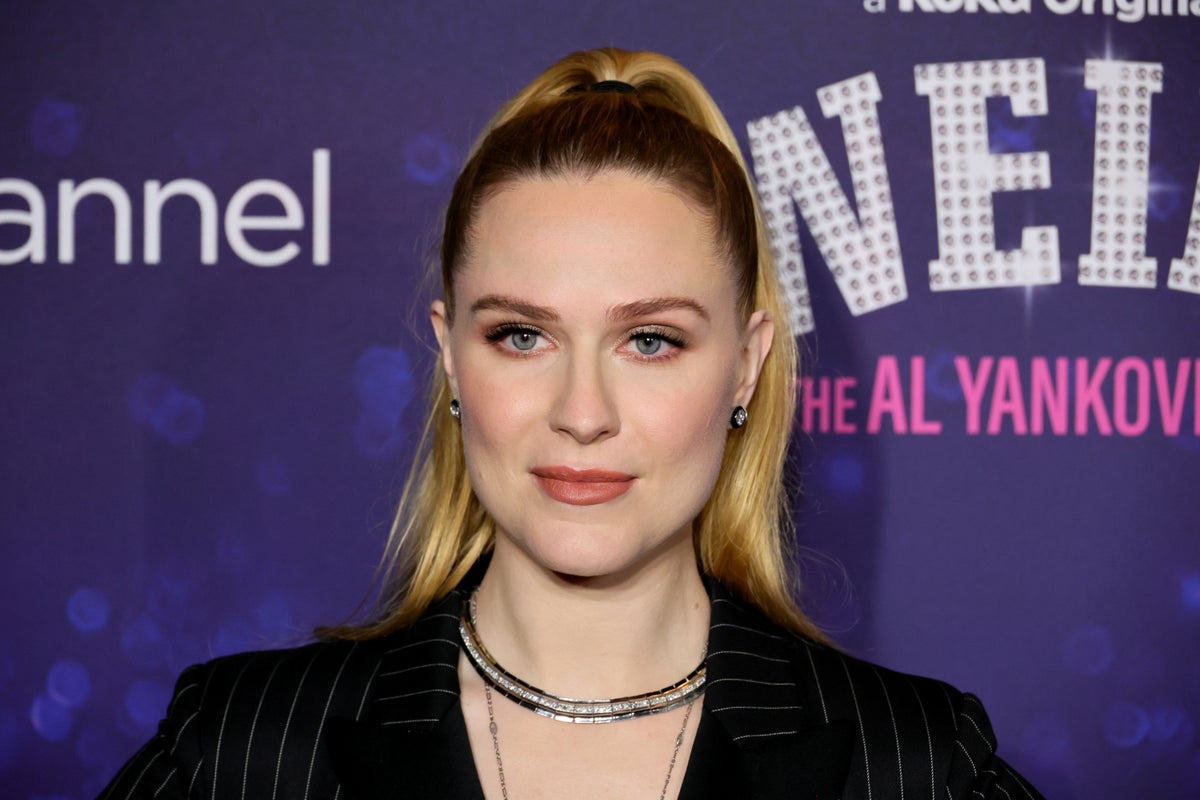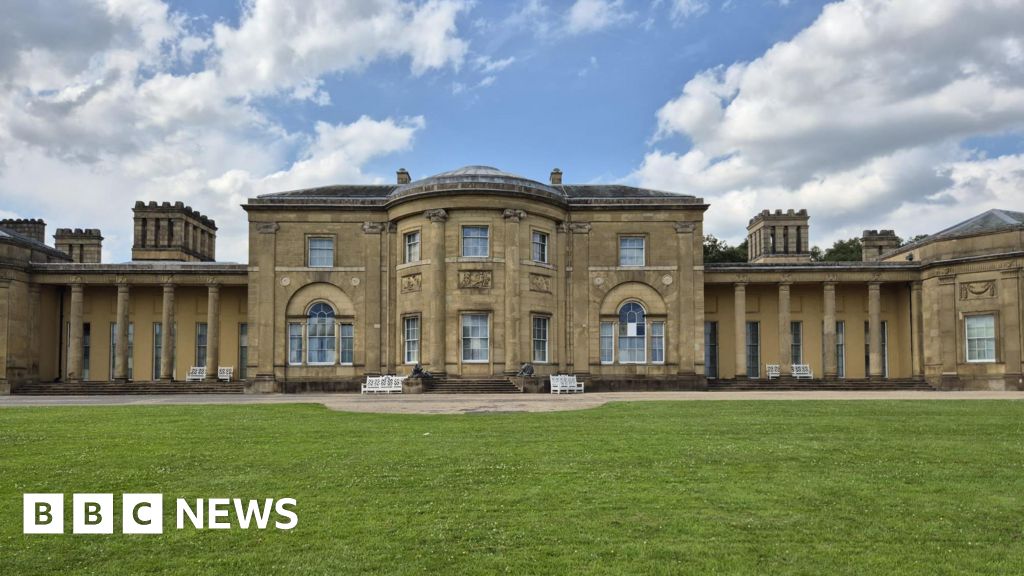It’s a three-for-one kind of afternoon at BST Hyde Park on Friday. There might be something inapt about using coupon terminology to describe an event that costs punters close to £100 (or more), but it’s true. Neil Young might be the headliner, but this is a triple bill of legends: Van Morrison and Yusuf/Cat Stevens make up a formidable undercard.
At first, it seems obvious why Morrison is first up. In his worst moments, the Northern Irish singer has the tepid banality of a lounge crooner, and the early number “Only a Dream” suggests we’re in for a set of amiable but thoroughly unengaging mood music. Wearing a paisley shirt so bright and summery it’s impossible to picture him picking it out himself, Morrison adopts an utterly frill-less approach to showmanship: the band are hunkered down one side of the stage, with two gazebos to (I presume) fend off roasting heat.
Quickly, though, things turn. Morrison sings “Carrying a Torch”, from 1991’s Hymns to the Silence: more energy, more verve. Then an enthralling cover of Ray Charles’s “Night Time Is the Right Time” – better still. There’s something understatedly remarkable about the way Morrison, now 79, has evolved his singing to make the most out of his changing voice; he’s astutely aware of his register, and still hits notes forcefully and precisely. His band are superb, and he’s not shy about delegating the more acrobatic vocals to his backing singers.
“Crazy Jane on God” and “Whenever God Shines His Light” fly by, both terrific. Morrison is not just engaged, but, maybe, actually, having fun? Introducing the band, he breaks into a fit of laughter. It’s not just unusual but downright uncanny, like seeing a nun roll a spliff. By the time he barrels into “Summertime in England”, a phenomenal, free-associative odyssey of a song from 1980’s Common One, the effect is completely transportive. It is one of those gigs that reminds me why I fell in love with live music.
Next up is Yusuf Islam/Cat Stevens, performing live for the first time since June 2024. There’s a sort of grandfatherly mischief to his stage presence – he comes on stage alone, points to the screen behind him, where an animation begins playing, accompanied by the pre-recorded sound of “Tea for the Tillerman”. He scurries off stage. The animation finishes. He walks back on again.
Stevens’s set comprises a mix of old hits (“First Cut Is the Deepest”; “Father and Son”; “Where Do the Children Play”) and more recent, lesser-known compositions. His voice cracks and strains at points, but the songs are so pure, and the vibe so endearing, that it doesn’t diminish his power. He dedicates “Midday (Avoid City After Dark)” – from his 2006 record An Other Cup, but far better live tonight – to Morrison.
The British songwriter has an easy, lighthearted rapport with the crowd, but sobers himself when introducing “The Little Ones”, a song about the killing of children, originally written in response to the Bosnian War’s 1995 Srebrenica massacre. Here, he plays it in support of Palestine. “The number of innocent children being slaughtered is indescribable,” Stevens says, before also calling out the “dictators” closer to home. “You may believe we live in a free society, but dictators are here too,” he says, gesturing to crackdowns on the right to protest, and those who “make money” from wars. “The Little Ones” is profoundly moving and stays with you throughout the more uplifting end to the set, which culminates in a galvanising “Peace Train”.
By the time Neil Young wanders onstage, with his band, the Chrome Hearts, in tow, it almost seems like the pressure is off: we have already seen two sparkling performances this afternoon. Two out of three ain’t bad. Those who saw Young’s Glastonbury set will have known what they’re in for: lots of geriatric guitar shredding; overlong songs with overlong solos; warbly singing that’s not immune to bum notes; and, to be clear, some of the finest songwriting of the 20th century. You take the good with the bad because the good is the real deal.
.jpg)
Young gets an inauspicious start, as the microphone completely fails to pick up the opening line of “Ambulance Blues”, and the first several songs have a sort of homogenous loudness to them. The band are tight, but the material can be shaggy. Around the halfway point, Young finally switches things up, dropping into acoustic mode for a rendition of “Needle and the Damage Done”. This is followed by the airy and romantic 1992 hit “Harvest Moon”, “Looking Forward” – a sweetly optimistic pull from the Crosby, Stills, Nash & Young catalogue – and then, with Young at the piano, an unexpected rendition of “After the Gold Rush”.
Enjoy unlimited access to 100 million ad-free songs and podcasts with Amazon Music
Sign up now for a 30-day free trial. Terms apply.
Try for free
ADVERTISEMENT. If you sign up to this service we will earn commission. This revenue helps to fund journalism across The Independent.
Enjoy unlimited access to 100 million ad-free songs and podcasts with Amazon Music
Sign up now for a 30-day free trial. Terms apply.
Try for free
ADVERTISEMENT. If you sign up to this service we will earn commission. This revenue helps to fund journalism across The Independent.
It’s a phenomenal four-song stretch, and elevates his set to the sort of emotional and musical heights that both Morrison and Stevens had managed hours earlier. After the Gold Rush may be a distant memory, but if today has shown anything, it’s that there are still kernels of gold in them thar hills. And today it gleamed all afternoon.




